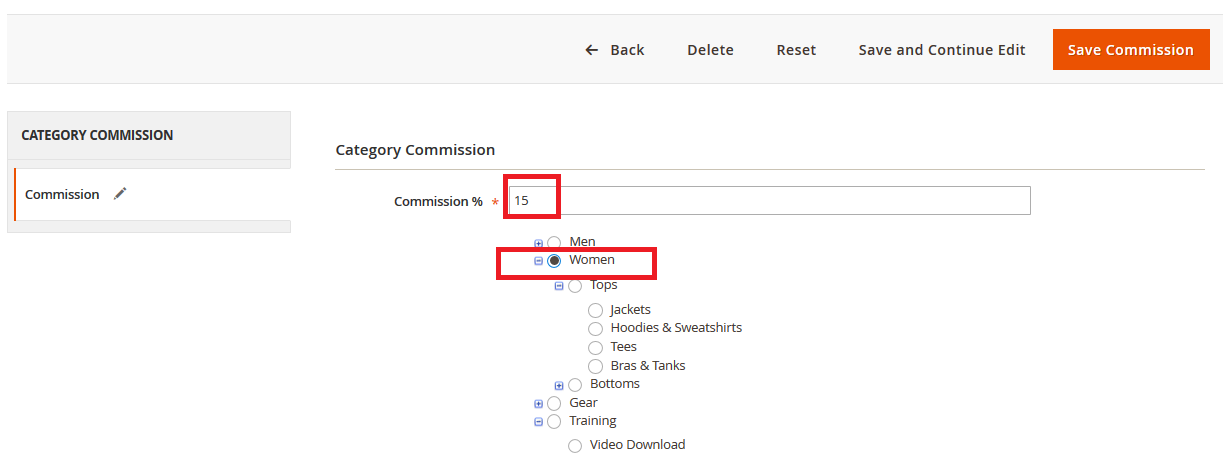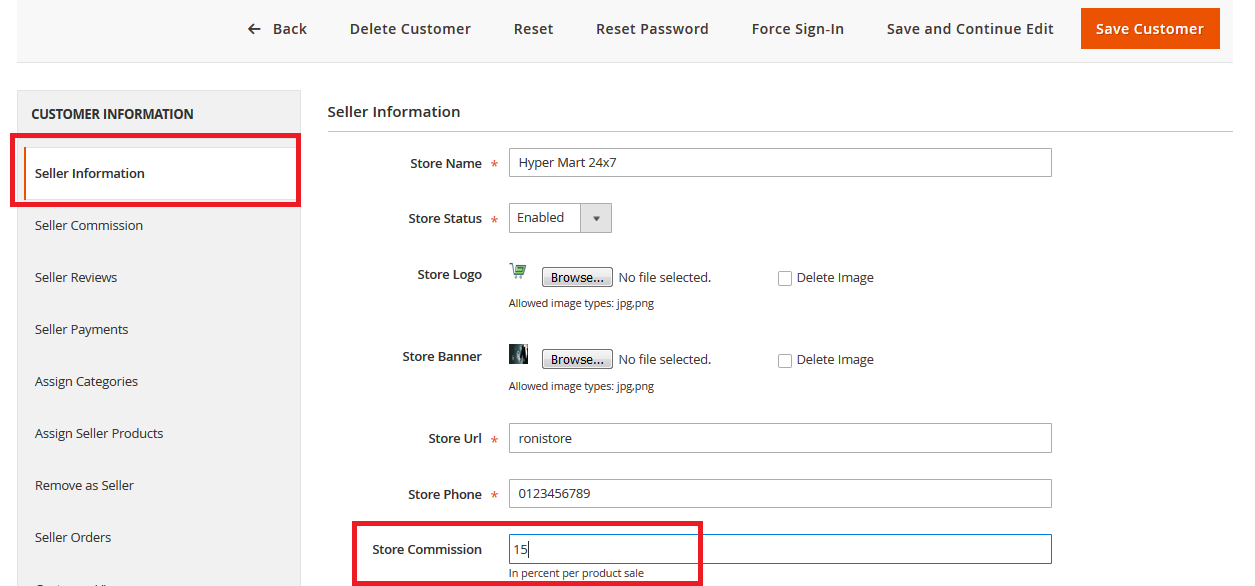Understanding Commission in Magento 2 Multi Vendor Marketplace: A Complete Guide

In a Magento 2 Multi Vendor Marketplace, a commission refers to the percentage of the product price that the marketplace owner charges to the vendor for selling their products on the marketplace. This commission is usually a fixed percentage of the product price, and it varies from one marketplace to another.
The commission is an important aspect of a multi vendor marketplace as it is one of the primary ways for the marketplace owner to generate revenue. The commission is usually charged on each sale made by the vendor, and it is deducted from the total amount paid by the customer. For example, if a vendor sells a product for $100 on a marketplace with a commission rate of 10%, the vendor will receive $90, and the marketplace owner will receive $10 as commission.

Global Commission, Vendor wise and Commission Category Commission available in Magento Multi Vendor by Purpletree
There are several factors that determine the commission rate in a Magento 2 Multi Vendor Marketplace. These factors include the type of products sold on the marketplace, the competition in the market, the target audience, and the cost of running the marketplace. The commission rate is usually set by the marketplace owner, and it is communicated to the vendors when they sign up to sell on the marketplace.
Setting the right commission rate is crucial for the success of a Magento 2 Multi Vendor Marketplace. If the commission rate is too high, vendors may be discouraged from selling on the marketplace, and this can lead to a shortage of products and a reduction in customer traffic. On the other hand, if the commission rate is too low, the marketplace owner may not be able to generate enough revenue to cover the cost of running the marketplace.
To determine the right commission rate, marketplace owners need to consider several factors. One of the most important factors is the cost of running the marketplace. This includes the cost of hosting, maintenance, marketing, and payment processing. If the cost of running the marketplace is high, the commission rate may need to be higher to ensure that the marketplace is profitable.
Another important factor is the competition in the market. If there are other multi vendor marketplaces selling similar products, the commission rate may need to be competitive to attract vendors and customers. Similarly, the commission rate may need to be higher if the target audience is niche and the marketplace owner wants to attract high-quality vendors.

It is also important to consider the type of products sold on the marketplace. If the products are high-end and have a high profit margin, the commission rate may need to be lower to attract vendors. However, if the products have a low profit margin, the commission rate may need to be higher to ensure that the marketplace is profitable.
In addition to setting the commission rate, marketplace owners also need to ensure that the commission is calculated and paid accurately. This involves setting up a payment system that can handle transactions, calculate the commission, and pay vendors on time. This is important for maintaining trust with vendors and ensuring that they continue to sell on the marketplace.
To conclude, a commission is an essential part of a Magento 2 Multi Vendor Marketplace. It is the percentage of the product price that the marketplace owner charges the vendor for selling their products on the marketplace. The commission rate is determined by several factors, including the cost of running the marketplace, the competition in the market, the type of products sold, and the target audience. Setting the right commission rate is crucial for the success of the marketplace, and marketplace owners need to ensure that the commission is calculated and paid accurately to maintain trust with vendors.

For more information browse the commission article in Marketplace Plugin for Magento 2.












